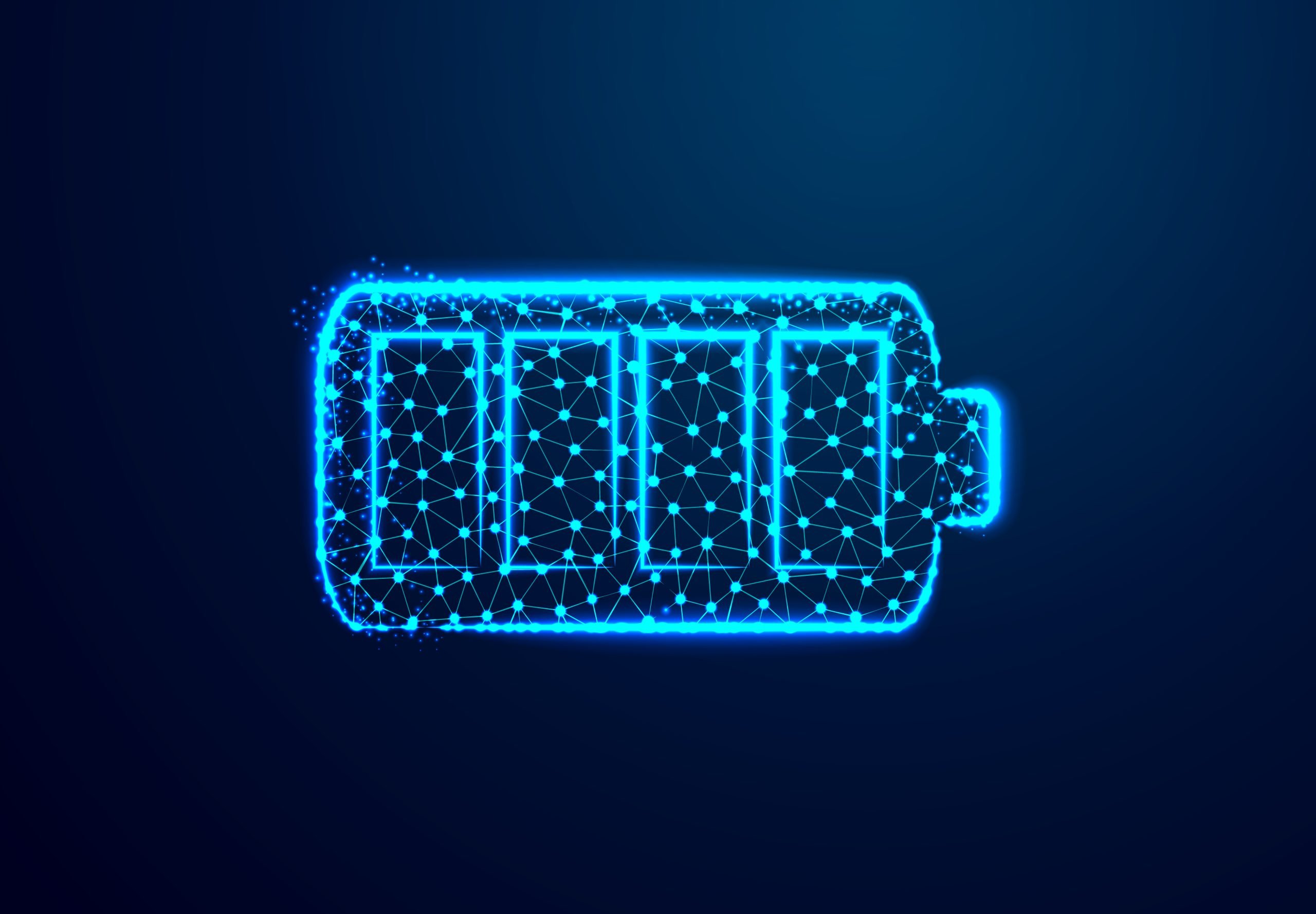One of the greatest challenges of science is fight against human aging. But not only so that we live longer. Also, so that we do this in good health and, if possible, with an intact mind, as super-agers. These are people over 80 whose brains remain as healthy as those of people 30 years younger. So much so that they not only cannot show signs of dementiabut also their results in memory and cognitive health tests They are usually similar to those of a 50-year-old person. It makes sense that we all want to be super old. Therefore, a group of scientists from Northwestern University conducted research aimed at exposing their tricks.
There is one trick that has been more or less clear for many years now as it has been observed that most super aging people tend to be very social people. It makes sense. Communicate This is one of the main tips for preventing dementia and neurodegenerative diseases such as Alzheimer’s disease. But this is not enough.
To conduct their research, these scientists recruited 290 super-agers and, in addition, they analyzed brain samples donated by the relatives of another 77 of these elderly people after their death. Several common factors were found in all of these brains, demonstrating that they neurobiology It is very different from other people. Identifying their common characteristics is a key first step; But logically, the ideal is to try to emulate them in the future so that more people can benefit from this anti-aging shield.
What are Super Agers?
The term “superager” was originally used to describe people over 80 years of age with cognitive abilities comparable to those of people aged 50 years. However, in recent years, studies have been published that report the existence of super-agers. much younger. In particular, people from between 60 and 80 years cwith cognitive abilities comparable to those of thirty-year-olds. Even in even younger people.
Therefore, we can define a super-ager as a person whose brain is much younger than his chronological age. The equivalent is several decades younger.
It is unknown what makes a person super senior. Perhaps there is many factors are involved. One thing is clear: your brain has some sort of defense against aging and dementia. What is this shield made of? This is exactly what the authors of a recently published study wanted to find out.
How to protect the brain from dementia and aging?
The authors of this study first noted that the brains of super-aging people can be protected from aging by stability or resistance. sustainability This occurs when proteins that are commonly associated with Alzheimer’s disease and other forms of dementia accumulate in the brain but do nothing for it. For my part, endurance The fact is that these proteins never accumulate directly.
Other factors found are related to memory. 80-year-old super-aged people had at least 9 out of 15 points in typical memory tests. The score is similar to that of people in their 50s and 60s. On the other hand, although it usually occurs with age thinning of the cerebral cortexThis doesn’t happen in superheroes. Moreover, they even have anterior cingulate cortex thicker than young people. This critical region of the brain plays an important role in integrating information related to decision making, emotion, and motivation.
They also have higher numbers of some key types of neurons. For example, Neurons von Economoinvolved in social cognition, empathy, emotion, and monitoring of visceral autonomic activity and neurons. They also have entorhinal neurons more. They are essential for memory, so they explain the results of your tests.

Finally, this study confirms what has already been noted in previous studies. These people usually have more social interaction, which can also impact your fight against aging and dementia.
If all of this can be replicated, the resilience and resilience of super-aging individuals could be achieved. It’s too early to achieve anything like this, but at least we know much better what strings we’ll have to pull. The secrets of the Super Agers are revealed a little more.
Source: Hiper Textual













